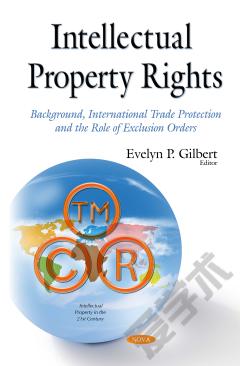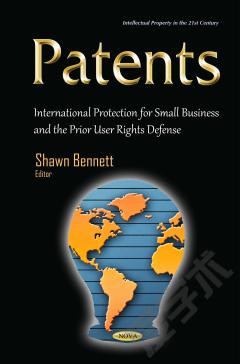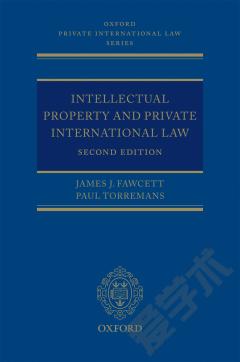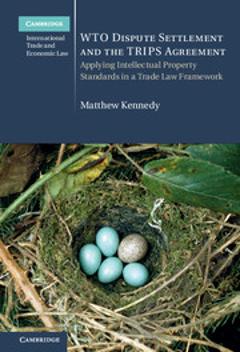Intellectual Property Rights: Background, International Trade Protection and the Role of Exclusion Orders
Intellectual property rights (IPR) are legal rights granted by governments to encourage innovation and creative output by ensuring that creators reap the benefits of their inventions or works. They may take forms such as patents, trade secrets, copyrights, trademarks, or geographical indications. Congress has constitutional responsibility for legislating and overseeing IPR and international trade policy. Responsibility for developing IPR policy, engaging in IPR-related international negotiations, and enforcing IPR laws cuts across multiple U.S. government agencies. This book provides background on IPR and discusses the role of U.S. international trade policy in enhancing IPR protection and enforcement abroad. This book also describes Customs and Border Protection's (CBP) processes for enforcing exclusion orders; and assesses CBP’s management of its enforcement process at ports of entry.
{{comment.content}}








 京公网安备 11010802027623号
京公网安备 11010802027623号